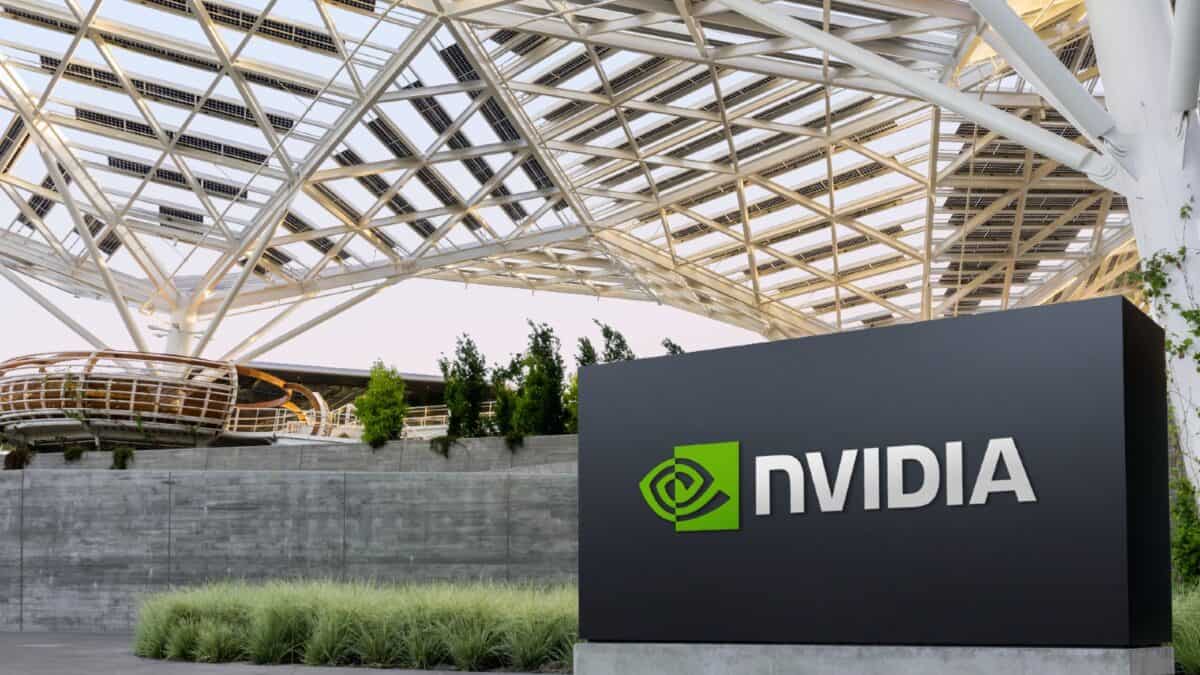Unlock the Editor’s Digest for free
Roula Khalaf, Editor of the FT, selects her favourite stories in this weekly newsletter.
Hybrid cars have made an unexpectedly dramatic comeback around the world. Toyota Motor’s nearly 80 per cent profit increase in the latest quarter reflects that shift in the global car market.
But the Japanese carmaker’s forecast of a significant fall in operating profit for the current financial year tells the true story: it is still playing catch-up on battery electric vehicles.
Toyota’s conservative strategy — in which it has held on to hybrids and plug-in hybrids as an important part of its portfolio as well as offering battery EVs — has been criticised in the rapid shift to electric cars.
But it has paid off handsomely this year as EV demand growth slowed in many markets around the world, with operating profit of ¥1.1tn ($7bn) in the quarter to the end of March, up 78 per cent year on year.
True, the weak yen has also helped boost the value of its overseas sales. Hybrid demand in markets such as the US has more than offset Toyota’s relative weakness in battery-only EVs, which made up about 1 per cent of its global sales. The hybrid boom is unlikely to be a passing trend — and Toyota is one of the biggest beneficiaries.
But battery EVs still matter for Toyota because those vehicles are still propelling sales growth in China, one of its key markets. There, local manufacturers have been competing not just on price but also on the latest software in intelligent vehicles. Even as growth slows elsewhere, EVs are expected to account for half of all cars sold in China this year.
For Toyota, grabbing market share in China is becoming increasingly important: it expects operating profit to total ¥4.3tn in the fiscal year to next March, about a fifth lower than the year that just ended. That forecast took into account supplier and dealer labour costs, as well as investments for a multipronged strategy that includes expanding its battery EV and hydrogen offerings.

The Japanese carmaker is also still trying to shake off a series of recent scandals. Toyota has had to cut production targets following irregularities at affiliates including wholly owned subsidiary Daihatsu. It was found to have distorted collision safety test results. A separate internal investigation revealed that supplier Toyota Industries had been manipulating test results to gain certification for its cars.
Yet fuelled by hybrids, shares of Toyota have nearly doubled in the past year. At 10 times forward earnings, the stock trades at more than twice the valuation of rival Volkswagen. To maintain that premium amid softer earnings, Toyota will need prove it can win over Chinese buyers, or at least to clean up its reputation.
june.yoon@ft.com
Credit: Source link














